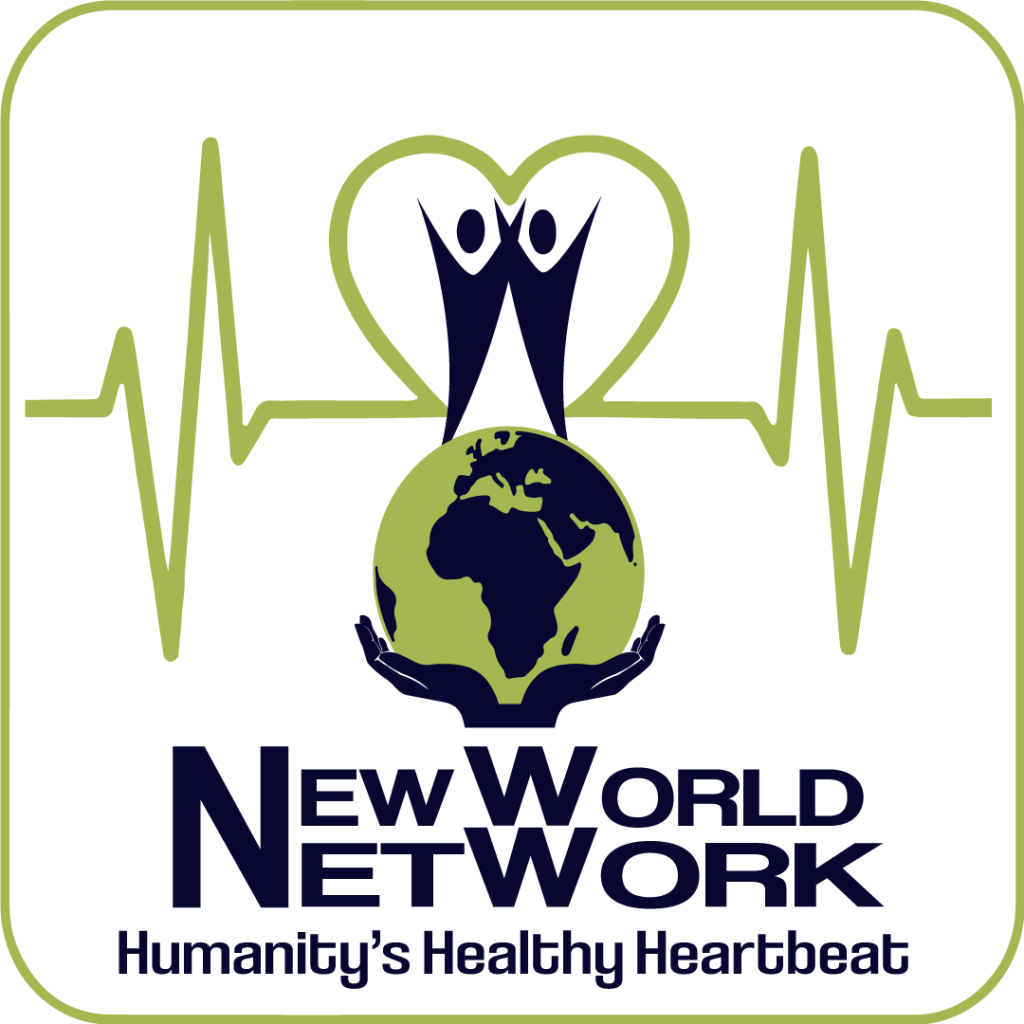A software update for the Microsoft Windows operating system issued by cybersecurity firm CrowdStrike Inc. caused global disruptions and chaos, impacting airlines, banks, businesses, schools, government agencies, healthcare, and emergency services. 911 emergency systems went offline, banks couldn’t complete transactions, and over 2,800 flights were canceled throughout the United States, affecting global travel. Some hospitals had to resort to using walkie-talkies and handwritten notes, endangering patients and stifling efficient caregiving. The crash primarily impacted Microsoft users, from large government organizations down to personal computer users. Mac and Linux users were not affected.
This outage again raises questions about our dependency on computers and artificial intelligence. Technology has made our world much more efficient, but has our reliance on it made us vulnerable? Regardless of what technology enables us to do—bigger, faster, and better—we can’t abandon the old pen-and-paper methods that have lasted thousands of years. Cooking from scratch, writing in cursive, growing food from seeds, and reading books are just a few activities people have abandoned, and our youth may not have even learned. When major disruptions happen, it is a good time to check our emergency supplies, resources, and communication systems. September is National Emergency Preparedness Month. Sometime between now and October is a good time to revisit the personal sustainability conversation with family and friends. The CrowdStrike outage will not be the last of its kind.
A software update for the Microsoft Windows operating system issued by cybersecurity firm CrowdStrike Inc. caused global disruptions and chaos, impacting airlines, banks, businesses, schools, government agencies, healthcare, and emergency services. 911 emergency systems went offline, banks couldn’t complete transactions, and over 2,800 flights were canceled throughout the United States, affecting global travel. Some hospitals
